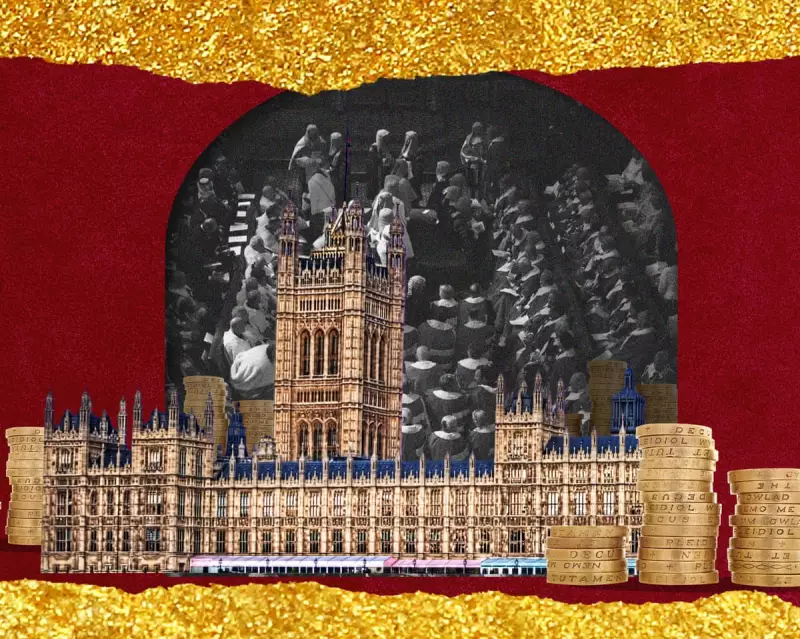
The House of Lords has been rocked by a significant scandal, resulting in the suspension of two of its members following a damning investigation into their conduct. Lord Richard Dannatt, the former head of the British army, and Lord David Evans, a Labour peer, are facing lengthy suspensions after being found guilty of multiple breaches of the chamber's code of conduct.
Undercover Investigation Uncovers Misconduct
The disciplinary action was triggered by an extensive undercover investigation conducted by the Guardian. Reporters approached a total of 11 peers, posing as potential commercial clients seeking political influence. The subsequent series of reports exposed both Lord Dannatt and Lord Evans offering to arrange access to government ministers for payment.
The House of Lords Commissioner for Standards found that both peers had demonstrated a failure to act on their personal honour, a fundamental principle of the unelected chamber. The commissioner's report detailed specific breaches, including Lord Dannatt offering to make introductions to ministers for companies in which he held a financial interest.
In Lord Evans's case, the investigation revealed he had expressed a clear willingness to provide ministerial access as part of a commercial arrangement worth tens of thousands of pounds. Although no money ultimately changed hands, the commissioner concluded his expressed intent alone constituted a serious breach of the rules.
Significant Sanctions and Reactions
The House of Lords Conduct Committee has recommended substantial suspensions for the two peers. Lord Dannatt faces a four-month suspension from the chamber, while Lord Evans has been handed a recommended five-month suspension. These are among the most severe sanctions ever imposed on members of the upper house.
Initially, both peers challenged the Guardian's pre-publication reporting, maintaining they were long-serving, honourable members who understood the rules. However, in a significant validation of the investigation, neither peer appealed against the commissioner's final findings or the recommended punishments.
In a statement, Lord Dannatt said, "I deeply regret the commissioner's findings regarding my personal honour and I decided that the honourable course of action was not to waste the conduct committee's time by appealing against the findings but to accept the appropriate sanction."
Broader Implications for Lords Reform
This scandal has reignited the debate about the future of the House of Lords. The Guardian's investigation was originally prompted by Labour leader Keir Starmer's previous comments describing the Lords as "indefensible" and pledging to replace it with an elected chamber.
Rachel Oldroyd, the Guardian's deputy investigations editor, explained the impetus for the probe. "The idea that an unelected chamber, where members sit for life and the numbers have ballooned to around 800, just doesn't make sense in a modern democracy," she stated. The investigation identified approximately 90 peers with roles that appeared to pose potential conflicts of interest.
The suspensions come at a critical time for parliamentary reform. While Labour's earlier radical proposals to abolish the Lords have been moderated, the government is still considering more modest reforms, including the removal of hereditary peers. With six inquiries launched as a result of the Guardian's reporting and four already finding breaches, pressure for meaningful change is mounting.
As Oldroyd noted, "After almost a year of work, we have found inherent problems, including that longstanding peers don't seem to know the rules. It really does need to be changed." The scandal underscores fundamental questions about standards, accountability, and the very purpose of the second chamber in Britain's contemporary political landscape.





